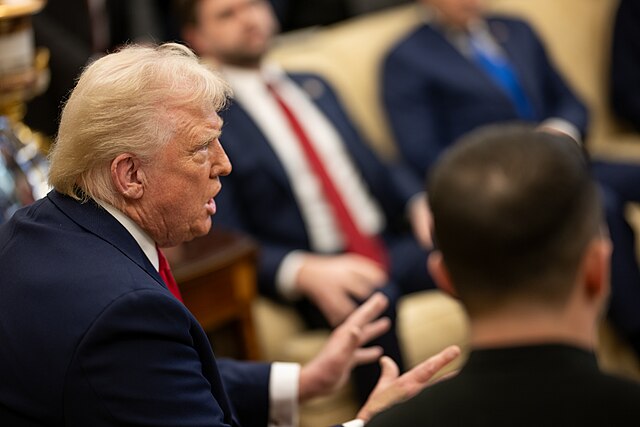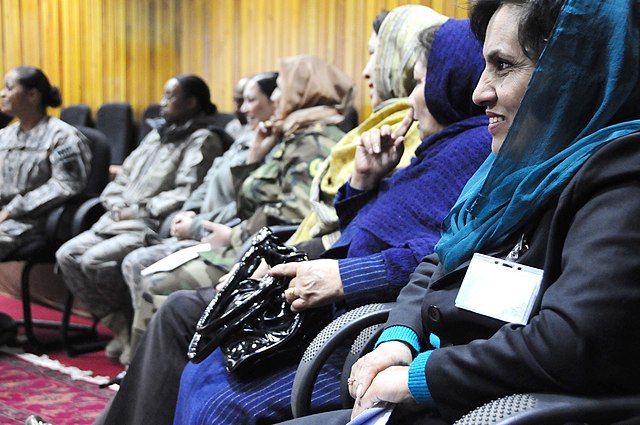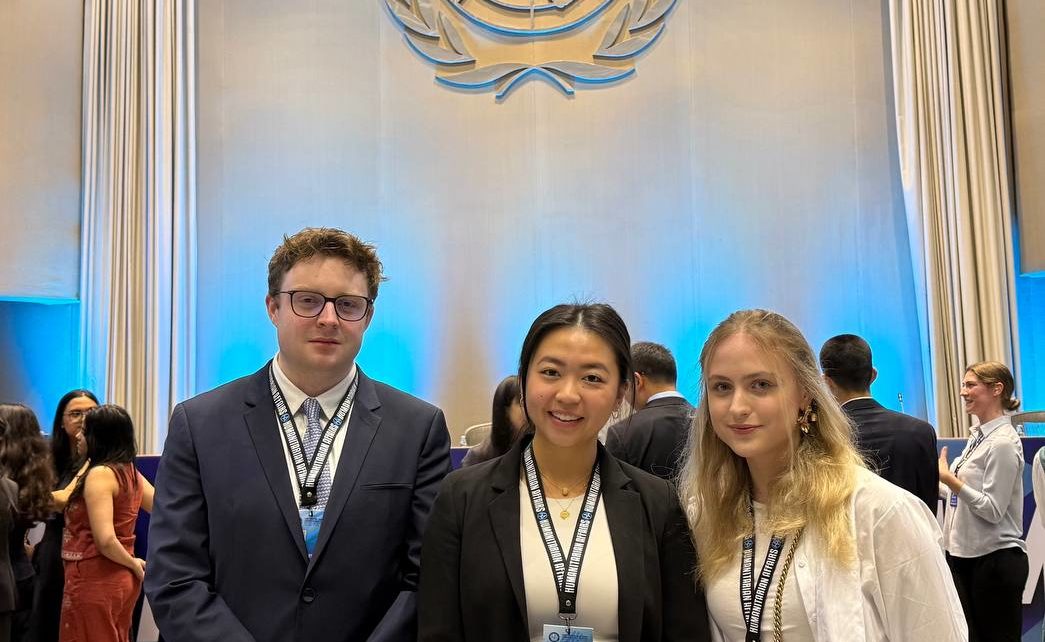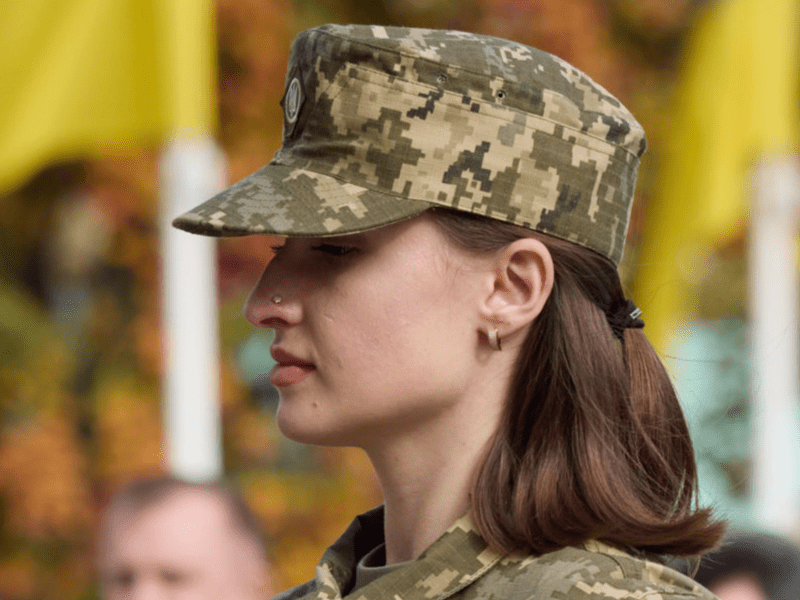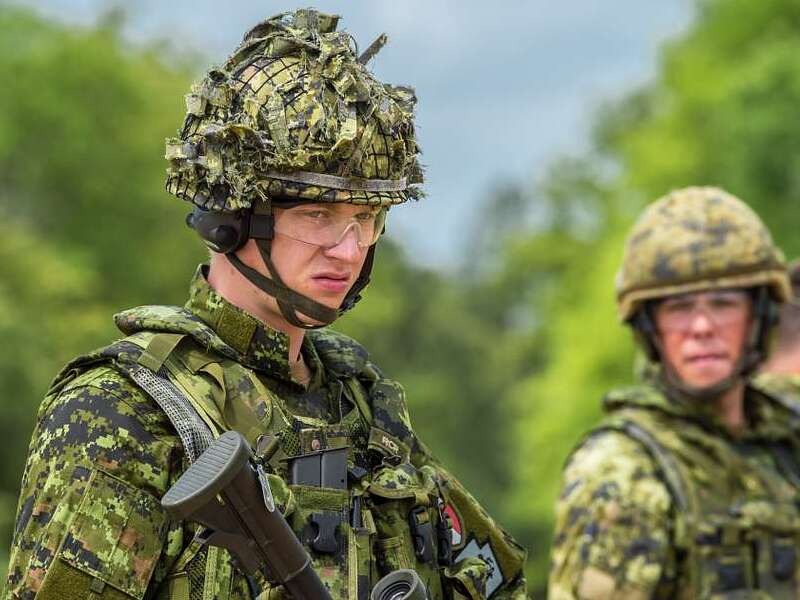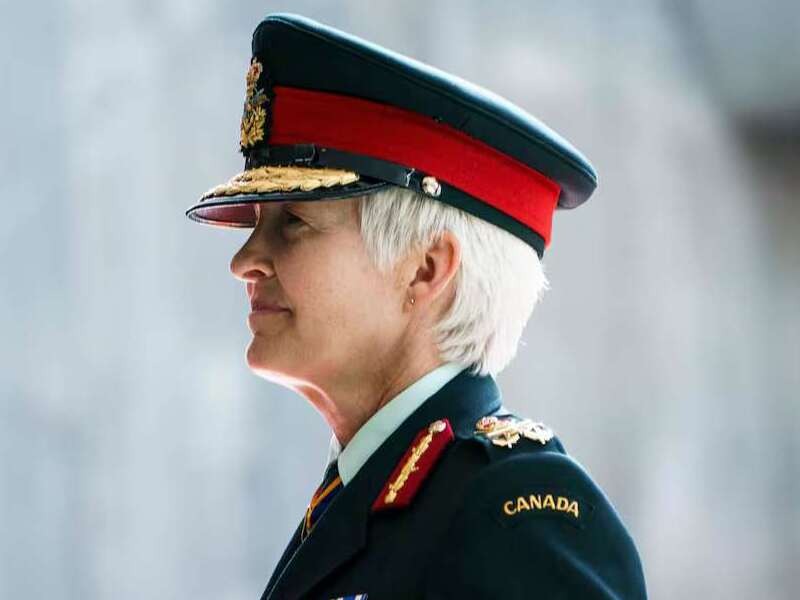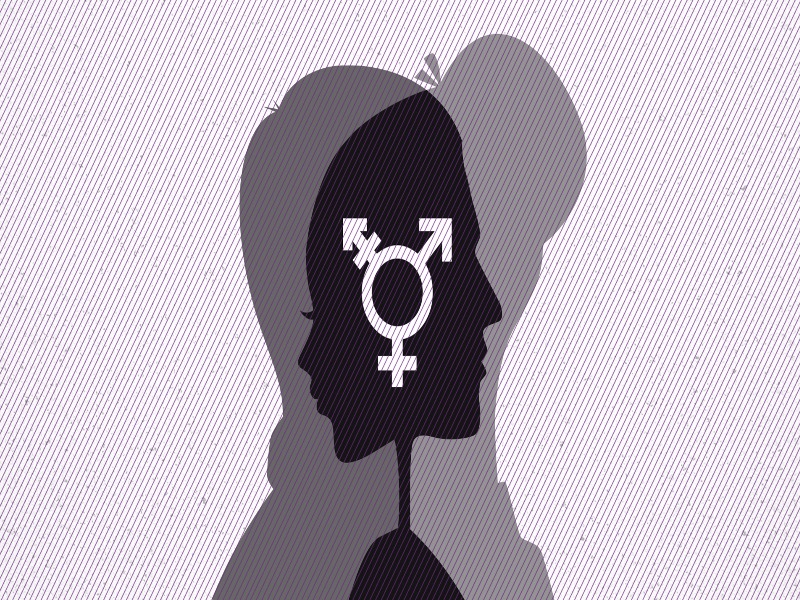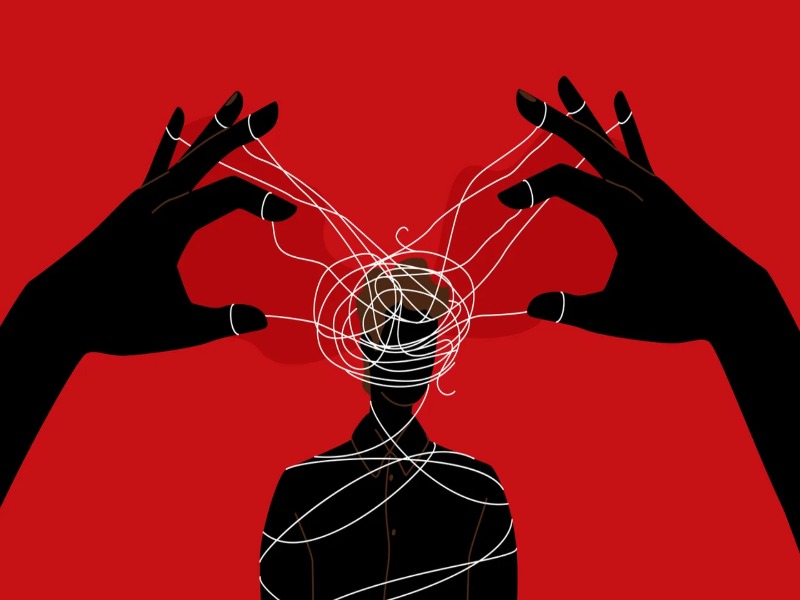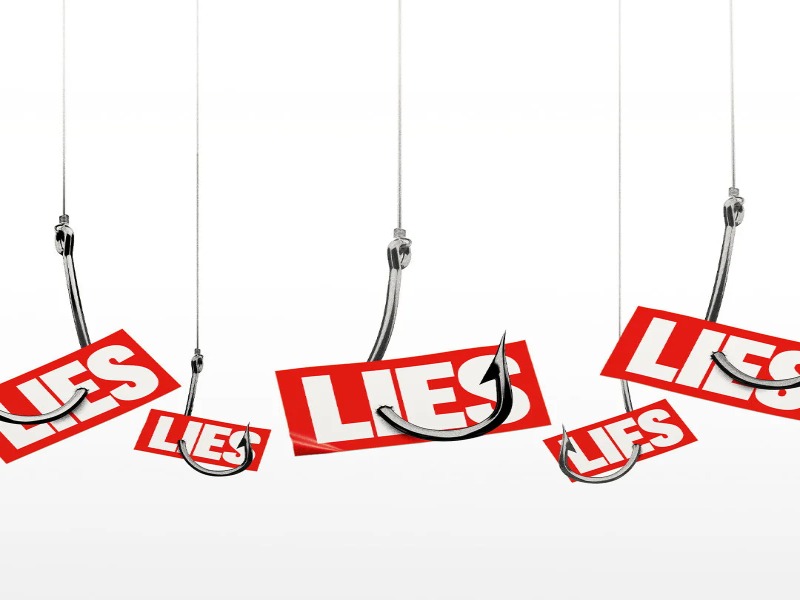La réélection de Donald Trump en novembre 2024 a relancé le débat sur l’avenir de la guerre russo-ukrainienne et, plus crucial encore, sur la cohérence de l’alliance atlantique. À peine investi, Trump a fait fuiter début novembre 2025 un plan de paix en 28 points pour l’Ukraine, inspiré d’un document russe et négocié en secret Read More…
Tag: NATO
Parité ou Fragilité : Pourquoi l’Exclusion des Femmes Affaiblit la Sécurité Internationale
Au cours de la dernière décennie, il est clair que lorsque les femmes participent aux décisions de sécurité, la paix est plus durable. Une étude portant sur plus de 180 accords montre que ceux impliquant des femmes ont 35 % de chances supplémentaires de durer au-delà de quinze ans. Dans le Sahel, leur participation à Read More…
Global Peace Summit of Emerging Leaders: Reflections on Peacebuilding, Youth Leadership, and Canada’s Role in Global Security
From 20–23 January 2026, the interns of the NATO Association of Canada, Nataliia Dikalchuk, Isabelle Zhu and Matthew Reddock attended the 5th Global Peace Summit of Emerging Leaders in Bangkok, Thailand. The event was organized by Humanitarian Affairs Asia at the United Nations Conference Centre. The Summit convened approximately 400 young leaders from over 60 Read More…
Shifting Priorities in Ukraine: Is NATO’s WPS Agenda Under Threat?
WPS policies are often disregarded when matters deemed of higher priority emerge, despite NATO’s high engagement of WPS values through public diplomacy, military, and political means. Russia’s invasion of Ukraine has posed the biggest security crisis to NATO in decades, and considering the gendered dimensions of the war, which has seen high rates of sexual and gender
based violence, NATO’s limited WPS response leaves the future of the Agenda in question. As a core tenet of NATO’s values, WPS must not be disregarded; member states that have adopted FFPs, such as Canada, should continue to drive the WPS agenda forward. This article makes key recommendations, including shifting to a human rights-based approach (HRBA) and employing more intentional language in operational directives, to support Ukraine’s current WPS policies.
Divide and Conquer: How Gender-Based Disinformation Weakens Western Militaries
This article examines misogyny and broader anti-gender ideology as under-recognized vectors of hybrid warfare that undermine NATO’s democratic resilience, military cohesion, and Alliance legitimacy. It argues that foreign adversaries exploit entrenched patriarchal and exclusionary narratives through gender-based disinformation to exacerbate polarization, target political actors, weaken trust in defence institutions, and delegitimize NATO. The article concludes that the principles of NATO’s Women, Peace and Security (WPS) policy counter foreign disinformation by limiting the impact of harmful gendered narratives and reinforcing pluralism, and what can be done to strengthen democratic resilience and NATO’s collective defence in an era of hybrid conflict.
Operation Equal Opportunity: Canada as a Model For Women in Combat Leadership
In July 2024, General Jennie Carignan became Canada’s first woman Chief of Defence Staff. This article centers her appointment as both a symbolic and institutional milestone in Canada’s effort to operationalize the Women, Peace, and Security (WPS) agenda. Tracing her leadership of the Canadian Armed Forces, the article demonstrates how offering equal access to opportunity is a prerequisite for military strength. Gen. Carignan’s leadership of the Canadian Armed Forces offers an example for NATO allies, who can similarly dismantle barriers to women’s leadership and embed inclusive military ethos. The article prescribes a series of pathways through which NATO allies can pursue institutional reform, thereby enhancing institutional quality and strengthening collective defence posture across the Alliance.
The Role of Government in Combating Gender-Based Disinformation
In July, 3 employees of TBH Skincare, an Australian brand, took part in a TikTok trend where participants described their physical attributes and pieces of clothing in a singsongy fashion. After the post went viral, various internet users began attacking the trend participants, with some insisting that they were the cause of the “downfall of Read More…
How Disinformation is Distorting Canada’s Climate Reality
Extreme weather in Canada has become both an environmental challenge and an information crisis. As record-breaking wildfires, floods, and heatwaves sweep across the country, Canadians are confronted with accelerating climate impacts and a parallel surge in misinformation and greenwashing that obscures the causes of these events, distorts policy debates, and weakens democratic cohesion. In recent Read More…
Why We Believe: The Psychology of Misinformation and the Fragility of Collective Consciousness
In an age saturated with information, misinformation has become one of the most destabilizing forces shaping politics, public health, and democratic trust. Governments typically respond with reactive tools such as fact-checking units, content moderation policies, or regulatory reforms aimed at platform transparency. However, these strategies tend to overlook a deeper issue, which is that misinformation Read More…
How Disinformation Is Eroding the Skill of Democratic Conflict
Democracies survive on the ability of people to disagree without destroying the social fabric that binds them. However, in an era marked by rising mis- and disinformation, our collective capacity to navigate disagreement is deteriorating. While polarization is often viewed as a problem of belief, the deeper issue is that disinformation is changing the very Read More…

